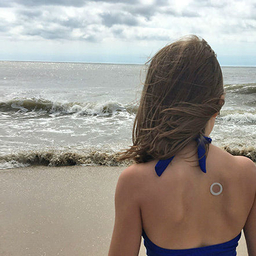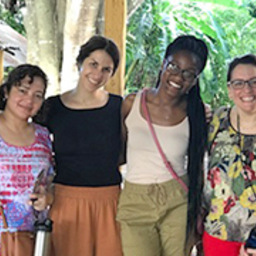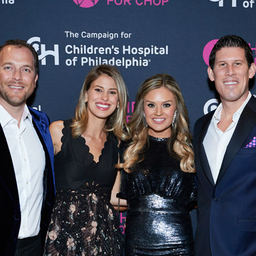Search the Newsroom
Filter By
Showing 2031 - 2040 of 2910 results
Young Drivers with Common Visual Impairments Not More Likely to Crash
Young drivers with two common types of visual impairment are not more likely to crash but less likely to get licensed.
Striving for Improvement Across the Division
Learn more about quality improvement in the Division of Pulmonary and Sleep Medicine at Children's Hospital of Philadelphia (CHOP).
Philly Spin-In Raises More than $570,000 for Cardiac Center at CHOP
Proceeds from the third annual Philly Spin-In will directly support patient care, treatment and research that benefit children with heart conditions

CHOP Doctor Talks to KYW Newsradio about Peanut Patch Research
The skin patch may one day help children with peanut allergies.
Corneal Neurotization for Pediatric Neurotrophic Cornea
CHOP experts describe their experience with corneal neurotization, a technique involving the transfer of healthy donor nerve into a tissue to re-establish motor or sensory innervation in children with neurotrophic cornea.

Global Health Allies: Transforming Lives at Home and Abroad
Dina Karvounides, PsyD, shares her rewarding experience and that of other five CHOP employees during CHOP’s biannual Global Health Allies work week in the Dominican Republic.
Tips for Discussing Five Feet Apart with Children who have Cystic Fibrosis
If approached thoughtfully, the new movie Five Feet Apart may provide an opportunity for constructive conversations about living with cystic fibrosis, and help raise awareness around the disease.
CHOP Patient’s Mysterious Symptoms Solved
The Philadelphia Inquirer reports on how our experts in the Division of Neurosurgery helped Emily get back to being a healthy teenager.
Diagnosing, Treating Feeding Problems in Hyperinsulinism
Children with hyperinsulinism are at risk for feeding disorders. But how are parents to distinguish typical hurdles with eating from a true disorder?

Cheers for CHOP Raises $735,000
Children’s Hospital of Philadelphia’s sixth annual Cheers for CHOP raised $735,000 to support pediatric brain tumor research and care.